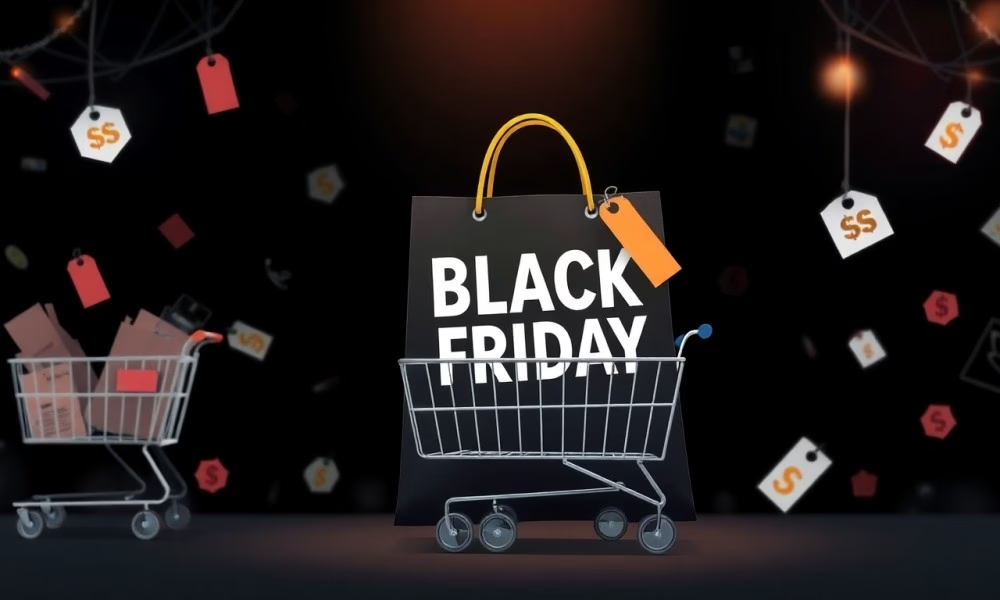
Black Friday is one of the most anticipated—and controversial—shopping events of the year. For some, it’s a thrilling kickoff to the holiday season filled with bargains, tradition, and excitement. For others, it represents everything problematic about consumer culture: waste, chaos, and a relentless push to buy more. Whether you love it or loathe it, Black Friday has become a cultural phenomenon with real economic impact and complicated social consequences.
This article explores the good, the bad, and the ugly sides of Black Friday, shedding light on what the day really means for consumers, workers, and the world around us.
The Good: Deals, Traditions, and Economic Boosts
Despite its critics, Black Friday didn’t become a yearly juggernaut by accident. There are positives, and for many households, they matter a lot.
- For families working within tight budgets, Black Friday can be a genuine opportunity to purchase gifts, clothing, or electronics at significant discounts.
- For some, Black Friday is a cultural ritual. People wake up early (or used to, before online deals became dominant), sip gas-station coffee, and stand in lines with friends or family.
- Small towns and local businesses also participate, sometimes using the increased foot traffic to connect with new customers and keep money within the community.
- Retailers depend on the holiday season for a substantial portion of annual revenue, and Black Friday historically launches that surge.
The Bad: Waste, Deception, and Stress
For all its upsides, Black Friday is a lightning rod for criticism. The event has expanded far beyond a single day into a weeks-long marketing marathon, and its negative consequences have grown with it.
The day encourages mass consumption, and much of what gets purchased—especially cheap electronics, home goods, and fast fashion—has a short lifespan.
- Brand-new clothing donated after holidays often goes straight to landfill because of oversupply.
- Electronics purchased impulsively are quickly replaced when holiday sales continue through December.
- Some environmental advocacy groups now refer to Black Friday as “the single most wasteful shopping day of the year.”
- Black Friday deals aren’t always what they seem. Investigations by consumer watchdogs have found that many Black Friday prices are not the lowest of the year. Some retailers raise prices in October just to “slash” them in November
- Many shoppers end up buying more because they believe they’re getting an irresistible discount.
- Long lines, loud stores, and pressure to make quick decisions can increase stress and cloud judgment.
- Even with the shift to online shopping, people often feel rushed into buying items “before they sell out,” leading to regret, returns, or items that never get used.
The Ugly: Chaos, Violence, and Workplace Pressure
While most Black Friday experiences are uneventful, the event has a darker history. News clips of crowds surging through doors or fighting over flat-screen TVs have become infamous.
The most widely cited example occurred in 2008, when a Walmart worker on Long Island was trampled to death after crowds broke through glass doors before the store opened. It remains a tragic symbol of how extreme consumer behavior can become.
- Reports over the last two decades document fistfights between shoppers, stampedes, and dozens of injuries.
- Retail and warehouse employees often bear the brunt of Black Friday’s chaos. Workers face long hours and large, sometimes aggressive crowds.
- Delivery drivers and warehouse workers face their own challenges, including long routes, unrealistic quotas, and fatigue.
A Clash of Values: Gratitude vs. Consumption
For many critics, the greatest contradiction is philosophical. Black Friday immediately follows Thanksgiving—a day meant for gratitude, family, and reflection. Critics argue that within hours, gratitude gives way to a frenzy of materialism, sending mixed societal messages about what truly matters.
Black Friday is neither wholly good nor wholly evil. It offers genuine opportunities for savings, economic benefits, and family traditions. Yet it also magnifies environmental problems, encourages overspending, places pressure on workers, and sometimes leads to dangerous behavior.
Black Friday might say more about our culture than we’d like to admit.




